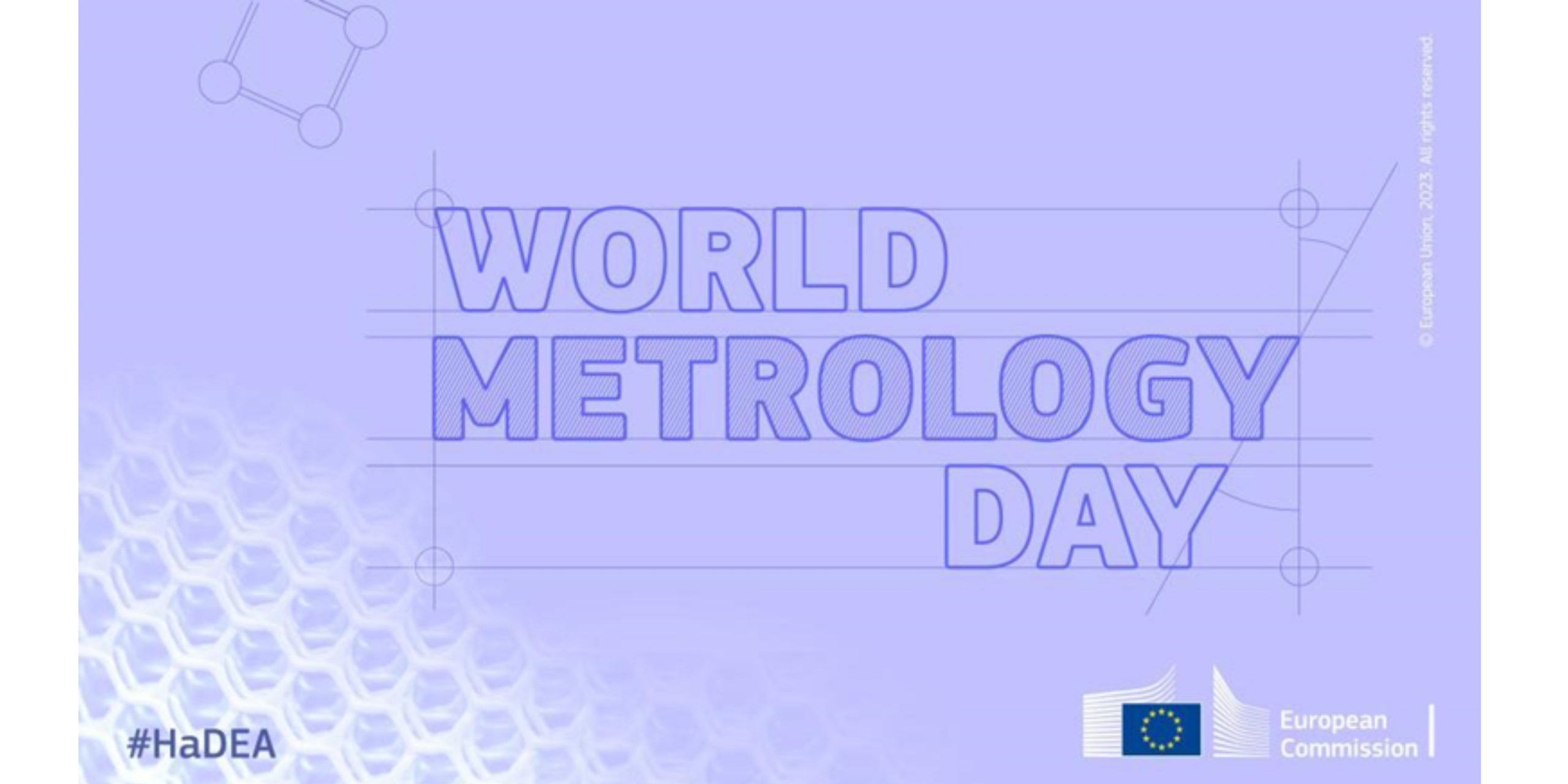World Metrology Day is a yearly celebration that marks the signing of the Metre Convention on 20 May 1875, where representatives from seventeen nations came together to establish a system of global cooperation in the field of measurement.
Metrology plays a crucial role in ensuring the quality and trustworthiness of data. It focuses on accurate and reliable measurements since they are vital for scientific research, manufacturing, trade, improving the food supply chain, and addressing climate change challenges.
Discover some EU-funded projects managed by HaDEA that are working towards this target:
NanoHarmony is aiming to develop reliable test guidelines and guidance documents for eight specific endpoints where nanomaterial-adapted test methods are a regulatory priority. It coordinates data collection and use, and creates cooperation between stakeholders. The project translates existing scientific knowledge and data into regulatory-relevant forms by analysing development processes, identifying gaps, and developing a framework for implementation. This ensures effective analysis and data interpretation to meet standards for assessing and approving engineered nanomaterials.
SAbyNA is developing a web-based guidance platform that integrates existing databases, test methods, models, frameworks, and tools to make them more user-friendly and interactive. The goal is to create optimal workflows for the development of Safe-by-Design nanomaterials and nano-enabled products, with decision trees that identify suitable strategies for workers, consumers, and the environment. This will enhance the understanding of potential health and environmental risks throughout a product’s life cycle, promoting safe and sustainable innovation.
DIAGONAL is ensuring long-term nanosafety for multicomponent nanomaterials and High Aspect Ratio Nanoparticles by analysing their physicochemical properties, toxicology, behaviour, and environmental exposure along their life cycle. The project is developing multi-scale modelling tools, standardising risk management, and approaching the re-design of nanomaterials and nano-enabled products. The results will provide guidelines, tools, and strategies for risk management to increase nanomaterials’ safety in various industrial sectors.
NANOMET is streamlining standardised test methods for the specific properties of manufactured nanomaterials, as well as adapting existing testing and assessment methodologies. Its main objective is to harmonise testing methodologies across the Organisation for Economic Cooperation and Development (OECD) countries to generate nanomaterial safety data, contributing to a consensus on relevant and robust testing methods. This ultimately enables industries and governments to use practical tools and technical instruments globally.
nanoPASS is seeking to improve nanosafety testing by shifting focus to early key events (KEs) leading to adverse outcomes (AOs). It aims to develop new in vitro systems to replicate early KEs associated with inhalation of nanomaterials, identify methods to track KE dynamics, create in silico models to predict AOs, and calibrate predictions against in vivo data for over 40 benchmark materials. This approach enables cost-efficient high-throughput screening for industry and regulation.
Source: European Commission | European Health and Digital Executive Agency (HaDEA) (https://bit.ly/438VfbC)
